I thought it would be worthwhile to express, as explicitly as possible, what it is that causes me to enjoy film photography more than I enjoy its digital imitation. Although I know that analyzing happiness is likely to destroy it, I cannot help but pause for a moment of reflection. Film photography is like “slow food.” It is about the physical and the ritual and the sense of belonging to community. In our universe, dynamic past disruption, what is analog and therefore “retro” cannot but be defined in part against what it is not. To be forced to acknowledge human limits (you can handhold a camera at only so slow a shutter speed) or even mechanical constraints (there is a maximum shutter speed no electronic magic can supplement) is a salutary reminder of nature. To explain the romance of film enhances it. Here is an attempt.
I am about as immersed as possible in gadgets (having learned to program BASIC on a Commodore VIC-20, which used cassette tapes for backup, if anybody is old enough to recall when that brand was the best-selling personal computer in the world, circa 1984), but I do not suppose it is possible to subsist on bits and bytes. We are not yet brains in vats, the ghosts in the machine, plugged into the matrix, solipsists imagining as we have been deceived to do; our very physicality demands ritual and community. Losing film photography would be losing an integral reference point. There may be others who hope to live for that singularity.
The physical starts with the camera. It is solid. It is tangible. Mine is metal, with bits of plastic. The digital counterpart, which I do possess, is the opposite, plastic with accents of metal. What was not built for planned obsolescence feels better in the hand. Its anachronism is its appeal.
The film introduces the ritual. Perhaps our sense of touch will atrophy. But the tactile sensation of handling film, of having to be careful with it while loading a new roll, remains a minor pleasure for now. Inserting a memory card is not the same; it is too perfunctory.
Film has a sound, as the leader is taken up, and then, later, as it is rewound into the canister. Both are satisfying as signals, similar but with subtle differences, the noise of anticipation and the noise of completion. To cock a lever and spin a knob involve a “user,” and that modicum of muscle power is better than none.
Film also has smells. It is not inert, retaining that faint odor of the energy that went into its becoming a set of images. (Darkrooms have a characteristic stench. Much more could be said about the scent and the splash of the chemical bathes, the light that eyes become accustomed to as if it were the natural sun, hanging strips to dry, and the hush that envelopes either the solitary hobbyist or the group of like-minded souls laboring side-by-side yet still each alone. The importance of feeling your way around is an experience the convenience of launching a smartphone app eliminates for its foolish fumbling. The camera obscura, a predecessor to photography, has become a forgotten type of place, the few remaining examples a novelty; when people enter the space that shows a projection of the world outside on the wall of the room, people do not believe their eyes.)
Even to introduce the film to the digital necessitates its own physical ritual. All transformations, to be meaningful, require physical ritual. I doubt most of us don white gloves for any other purpose or clean a glass plate with such care. Some of the film stock has a curl that frustrates, but that adds to the sense of accomplishment, to snap it into the film holder for scanning. The click confirms readiness.
When the whirring is finished, I am eager. I have had to wait. That is increasingly abnormal. Any delay in life has become an intolerable annoyance. We can hardly defer gratification for even a moment. But a roll of film is an endeavor of a day. It spends about a week at the shop, counting the travel for convenient drop off and pick up at the few choices in town despite the legacy signage on drugstores advertising a slogan that verges on quaint, “1 hour photo.”
Finally, to partake of film photography is to join a movement. That was always true. There used to be local clubs. Other than the misanthrope, people yearn for the company of others, to engage in activities together. We possess only the simulation of a “connection” to our “friends” in other contexts that are not face to face. So I make an effort to chit chat with the clerks if they will have it. We have something in common. It distinguishes us. Just about everybody carrying a smartphone seems to be snapping a selfie every moment. A film camera is not meant to be pointed at one’s self. My joke is to allow subjects to look at the back of the camera when I have finished the shot. Their disappointment reveals how their expectations have become established: the digital is the norm.
I am no Luddite, aware that the renaissance of film photography would not be possible without digital technology. The availability of vintage equipment, for example, is enabled by the internet market. The network of enthusiasts is as virtual as it is real. The #ishootfilm hashtag represents the irony: thanks to scanners and social media platforms, an individual who has created an picture as their grandparents would have is able to share it as their peers prefer.
To celebrate film photography is not to claim any superiority. It is to insist though that what is physical, ritual, within community has value. Film is about participation. The activity of film photography is defining, as the act of digital photography is not.
Share this post:
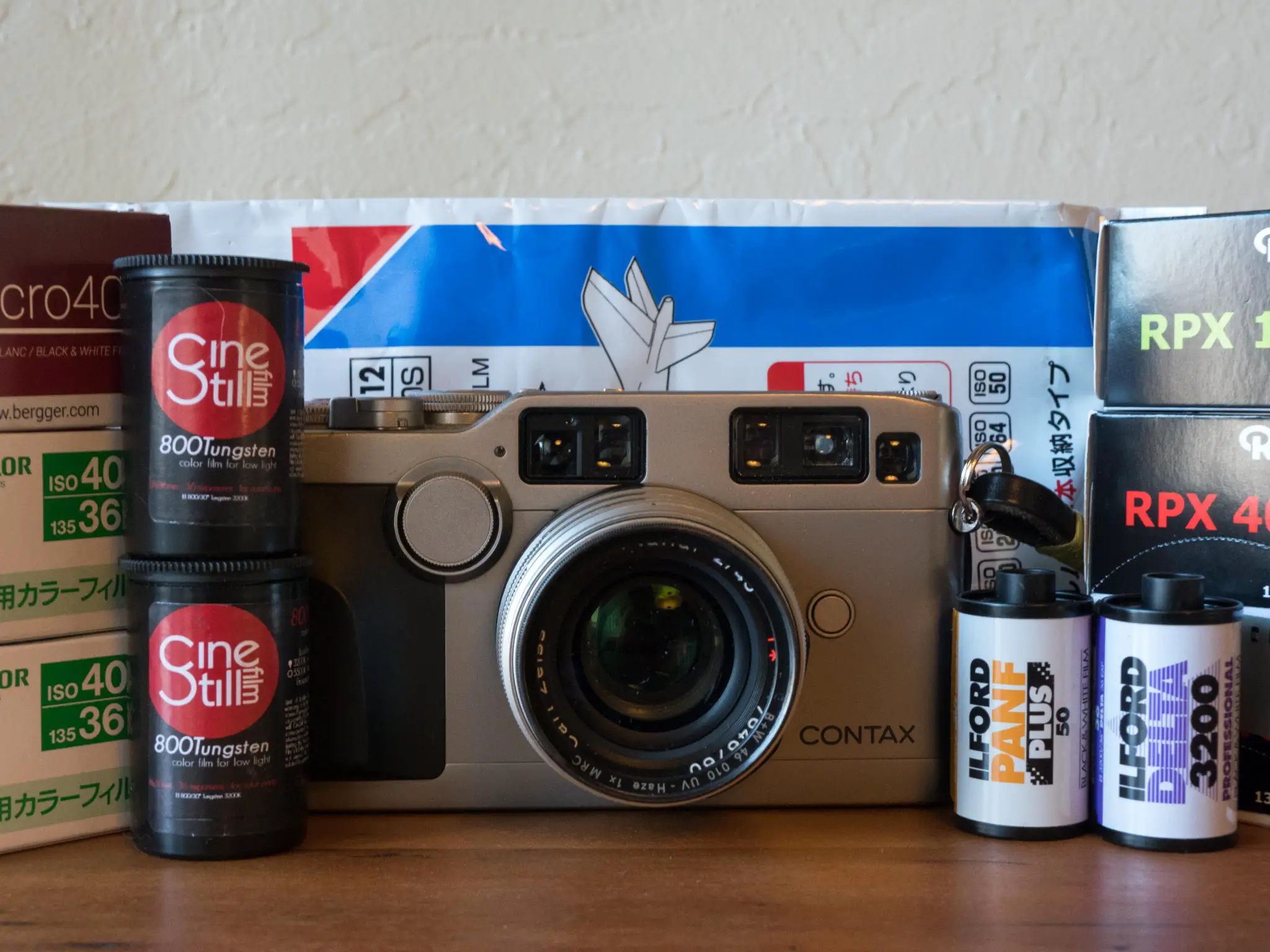
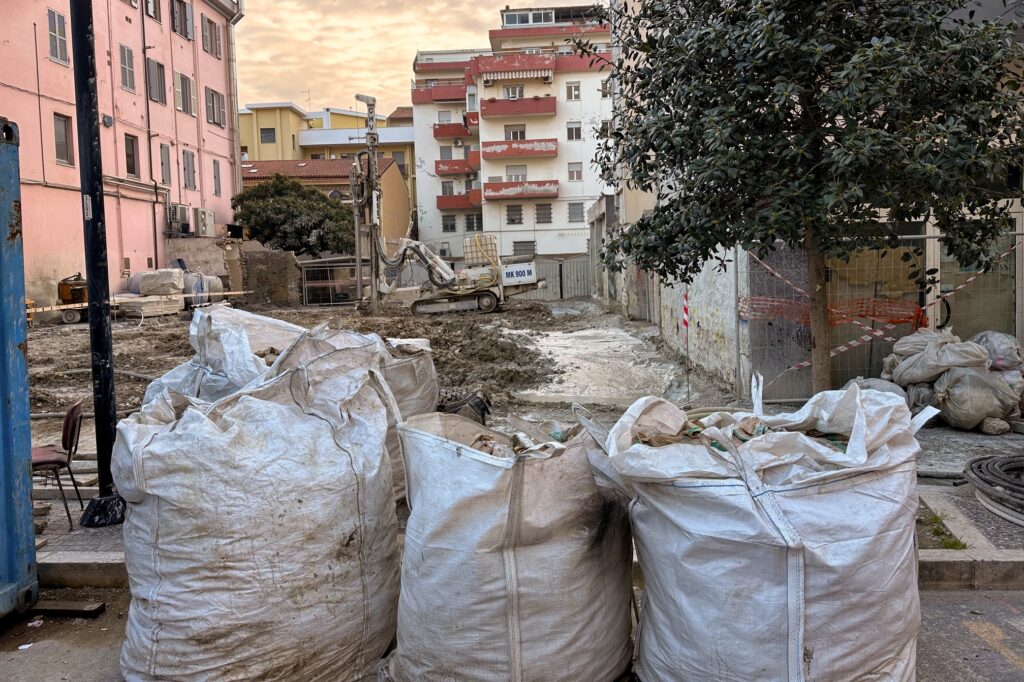
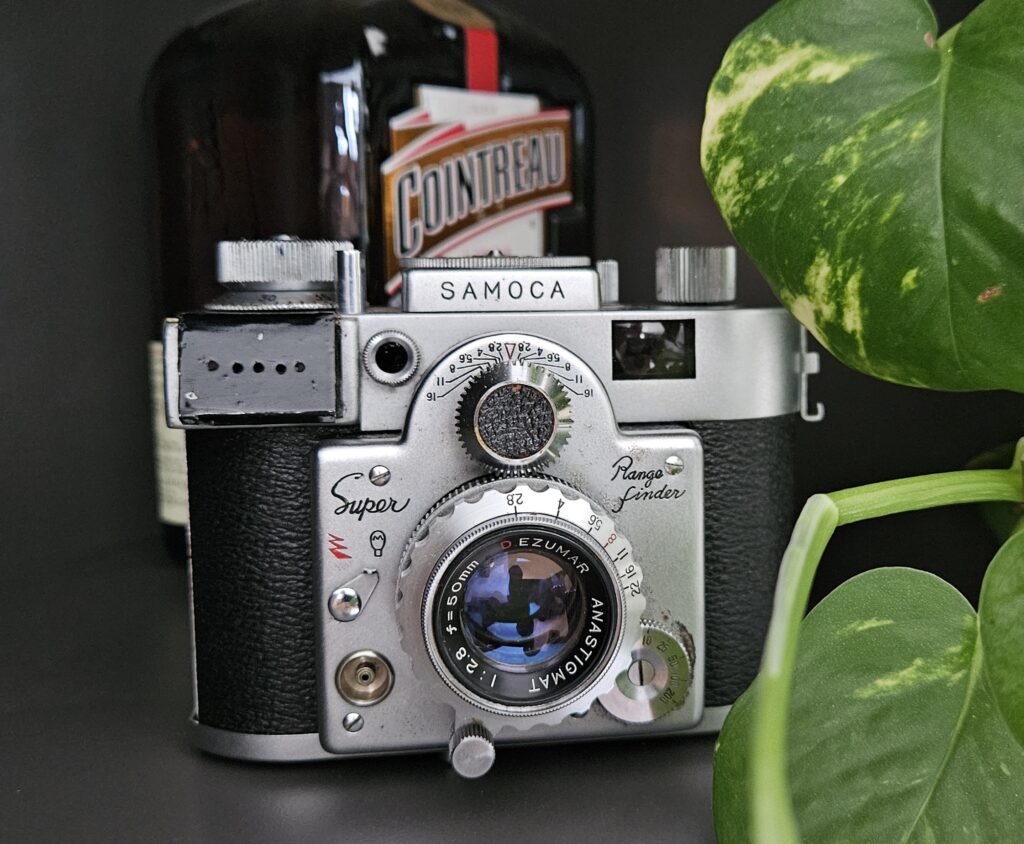
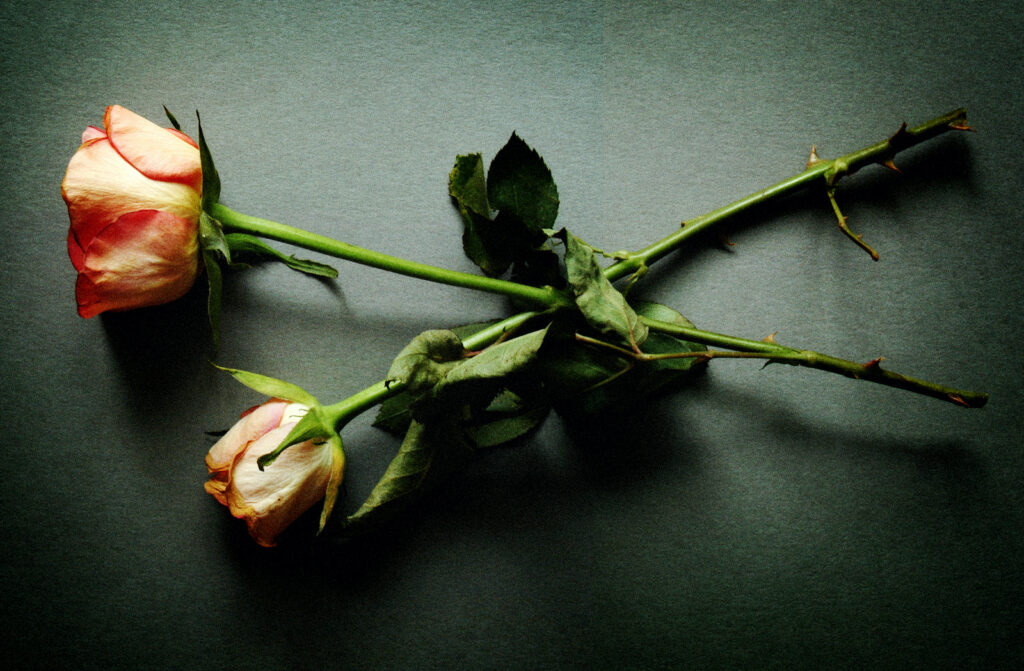
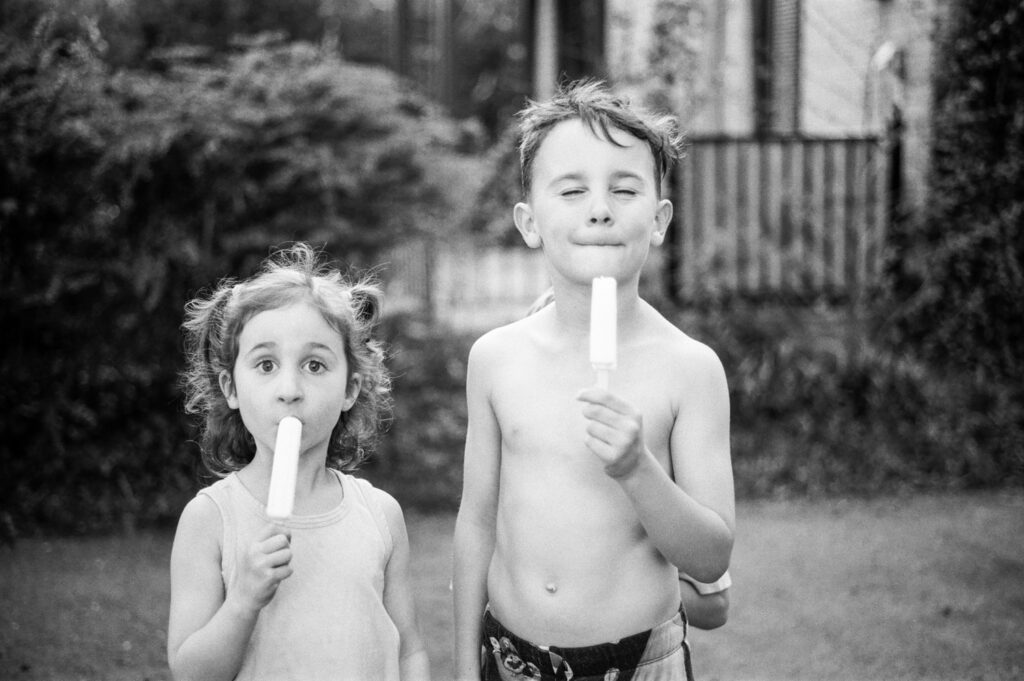




Comments
Bjorn Anderson on Why I Enjoy Film Photography More Than Digital Photography – by Frank Wu
Comment posted: 09/03/2018
Comment posted: 09/03/2018
Guy Wheater on Why I Enjoy Film Photography More Than Digital Photography – by Frank Wu
Comment posted: 09/03/2018
Comment posted: 09/03/2018
Tony B on Why I Enjoy Film Photography More Than Digital Photography – by Frank Wu
Comment posted: 09/03/2018
Comment posted: 09/03/2018
Ronald Thain on Why I Enjoy Film Photography More Than Digital Photography – by Frank Wu
Comment posted: 09/03/2018
Ian on Why I Enjoy Film Photography More Than Digital Photography – by Frank Wu
Comment posted: 11/03/2018
Chris Pattison on Why I Enjoy Film Photography More Than Digital Photography – by Frank Wu
Comment posted: 15/03/2018
However, where you compare a film camera with a digital camera in terms of its build quality, it isn't necesarily the case that film cameras were built with better and longer lasting materials. It was in the 70's onwards that we started to see plastic supercede metal as the main material in camera design. There were no digital cameras in sight, but plenty of crappy electronic, plastic ones that were not built to last. They long since went to landfill. Is it really true that digital camera models iterate more often than film counterparts used to? Do they really give up the ghost quicker than film cameras? I don't know. It would be interesting to find out. Maybe the debate should be framed along the lines of mechanical versus electrical, rather than film versus digital? Imagine a digital camera with no light meter, manual mode only, a mechanical shutter, and a battery that just did the digital conversion bit. Take away the LCD screen too if you like. Surely such a camera would run on and on for years?
I don't think digital photography is soulless or clinical. It has freed many up to experiment wildly with no financial penalty. It has provided more soul, not less, for those willing to push this amazing technology. Sure, if you are just going to point and shoot, then you are going to feel disconnected from the image making experience; but you can be as involved as you want to be. Getting up pre-dawn, setting up the camera on a tripod and waiting for the light feels just as exhilarating with a digital camera mounted on my three legged friend as a film camera. Getting lost in the Medina in Marrakech is just the same, whether you are toting an M3 or an M9.
Great photographers have successfully made the transition from film to digital (Sebastiao Salgado, Joe Cornish and Alex Webb spring to mind) out of necessity and their art has not suffered. Their images did not suddenly become soulless. Yes, I think digital photography has spawned millions of 'camera operatives' and selfie freaks, but not necessarily photographers; yet great artists and photographers will always find a way to inject meaning and worth into their work, whatever the medium. It's what Joe Cornish would call 'art, craft and soul'.
Nick Bedford on Why I Enjoy Film Photography More Than Digital Photography – by Frank Wu
Comment posted: 24/08/2018
Fast forward a year and a half and I have since transitioned entirely to film photography for my personal work, from 35mm to a 6x6 Rolleiflex and now working towards 4x5 large format for landscapes on sheet film.
There is something special in being able to better previsualise your work, being patient and trusting that you did your bit to turn a composition into a photograph. Couple that with all of the added tactility, from loading film to advancing each frame to putting a roll of potential back into your pocket to then develop once you've let it all simmer and marinate in the back of your mind.
Now when I pick up a digital camera, I feel no sense of satisfaction from them. It's just an imaging device. It gets the job done and the clients their images, but I don't feel any craft in them anymore. The funny thing is that for years I've been "simulating" film with VSCO Film and Silver Efex on my digital images.
Now I just shoot the real thing.
ilya on Why I Enjoy Film Photography More Than Digital Photography – by Frank Wu
Comment posted: 27/02/2019